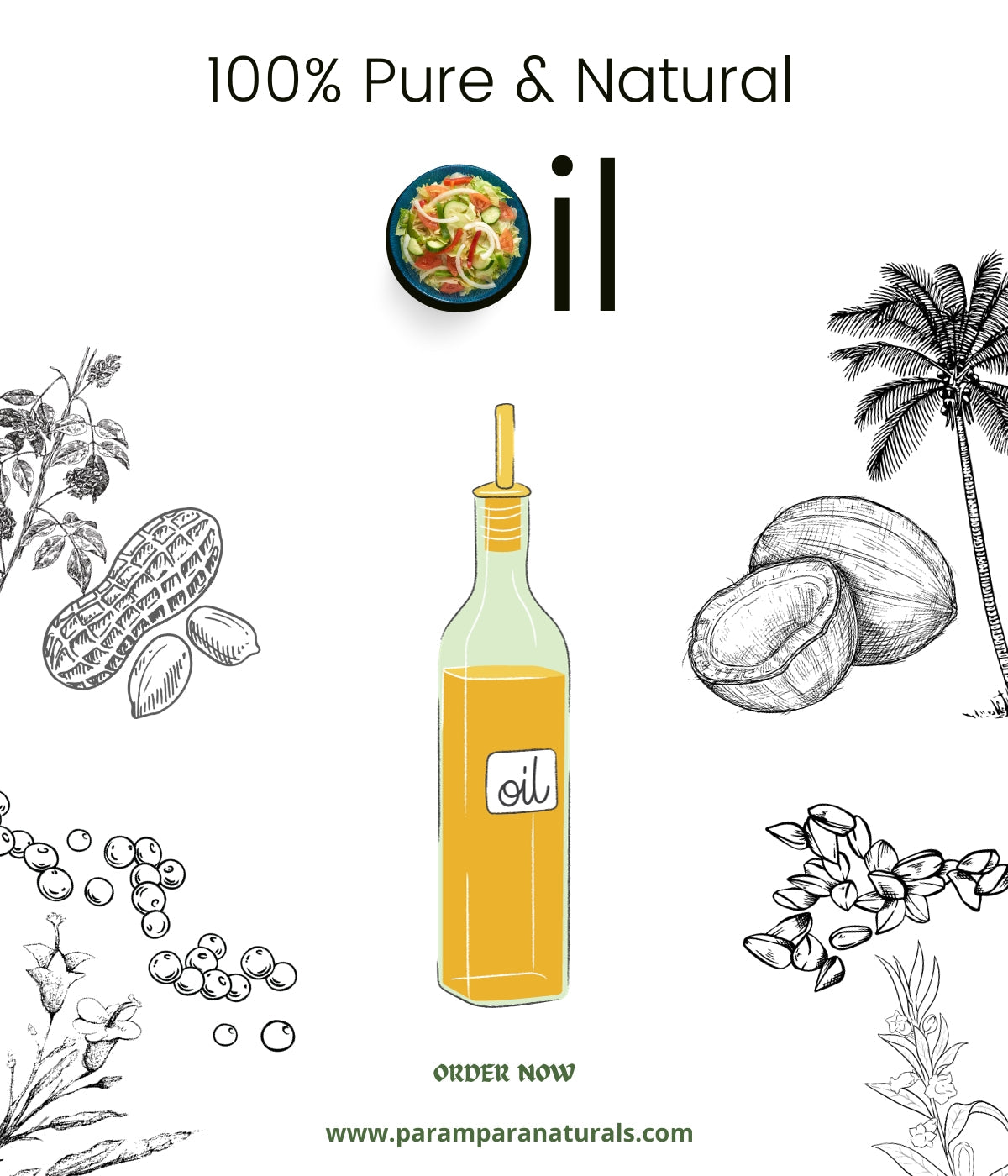A Journey from Tradition to Transformation & back to traditional healthy habit & mindset
India’s food ecosystem has been one of the most diverse and health-supportive systems in the world, deeply rooted in its geography, climate, and biodiversity. For centuries, the Indian diet was naturally wholesome, relying on locally grown grains, pulses, fruits, vegetables, dairy, and spices. However, in the last four decades, the rise of Western influence has significantly altered the way Indians consume food. Refined oils, refined sugar, and all-purpose flour (maida) have gradually replaced traditional, nutrient-dense foods, leading to a noticeable shift in the country’s health landscape.
The Indian Food Ecosystem: A Gift from Geography
India’s vast geography supports a wide variety of crops and food traditions. The country’s diverse climate and soil types made it self-sufficient in producing nutrient-rich foods tailored to each region. Some examples of native, traditional foods include:
- Millets (Ragi, Bajra, Jowar, Foxtail Millet) – These were staple grains across India, rich in fiber, minerals, and naturally gluten-free.
- Cold-Pressed Oils (Gingelly, Mustard, Coconut, Groundnut) – Extracted through traditional methods, these oils retained their nutritional value and health benefits.
- Natural Sweeteners (Jaggery, Palm Sugar, Honey) – These were used instead of refined sugar, providing minerals and antioxidants.
- Desi Ghee and Butter – Produced from A2 milk of indigenous cows, these were natural sources of good fats and essential vitamins.
- Locally Grown Fruits and Vegetables – Seasonal and organic, these provided maximum nutrition and were suited to regional climates.
What has changed in the last 3-4 decades?
While India once thrived on locally sourced, wholesome foods, the past forty years have seen an increasing dependence on industrially processed products. Some of the most significant changes include:
- Refined Oils Replacing Cold-Pressed Oils
- Traditional oils like mustard, groundnut, and sesame were replaced by refined vegetable oils, which are chemically processed and contain harmful trans fats.
- Hydrogenated fats like vanaspati (partially hydrogenated vegetable oil) became a staple in street food and commercial cooking instead of Desi Gir Cow Ghee which is often called as A2 Gir Cow Desi Ghee
- The Rise of Maida (All-Purpose Flour)
- Whole-grain flours (atta, ragi, bajra) were once the primary choices for rotis and parathas.
- With urbanization, maida-based products like bread, noodles, biscuits, and pastries gained popularity, leading to a rise in lifestyle diseases like obesity and diabetes.
- Refined Sugar Overpowering Natural Sweeteners
- Jaggery, palm sugar, and honey were slowly replaced by refined sugar, which provides empty calories and disrupts metabolic health.
- Processed foods, sodas, and packaged snacks are now major contributors to sugar consumption.
- Increased Dependence on Packaged and Processed Foods
- Traditional homemade snacks like murukku, poha, and ladoos have been substituted with packaged chips, instant noodles, and ready-to-eat meals.
- These foods contain artificial preservatives, excessive salt, and unhealthy fats, impacting long-term health.
- Decline of Indigenous Grains and Pulses
- Quinoa, oats, and imported grains have overshadowed native millets, which were once rich sources of protein and fiber.
- The green revolution, while increasing wheat and rice production, led to a reduction in biodiversity and local food varieties.
The Impact on Health and Sustainability
This shift has not only affected health but also environmental sustainability:
- Rising Lifestyle Diseases: Increased consumption of refined food has led to obesity, diabetes, cardiovascular diseases, and gut health issues.
- Loss of Indigenous Food Wisdom: Generations are growing up disconnected from traditional food habits that kept previous generations healthier.
- Environmental Degradation: The reliance on high-yield crops like wheat and rice has led to excessive groundwater depletion and reduced soil fertility.
The way forward: Living healthy and long lived life with traditional Indian foods again
To restore balance, it is essential to return to our roots and embrace the food habits that have sustained generations before us:
- Prioritize Millets and Whole Grains: Government initiatives like the promotion of millets should be encouraged in everyday diets.
- Choose Cold-Pressed Oils: Reintroducing traditional oils (wood pressed oil / stone pressed oil) can improve heart health and overall well-being.
- Reduce Processed and Packaged Foods: Opting for homemade meals over store-bought snacks can significantly improve health.
- Go Back to Natural Sweeteners: Using jaggery and honey instead of refined sugar can prevent metabolic disorders.
- Support Local Farmers and Indigenous Crops: Sustainable farming and organic food choices can help revive traditional agriculture.


